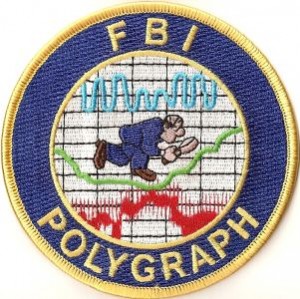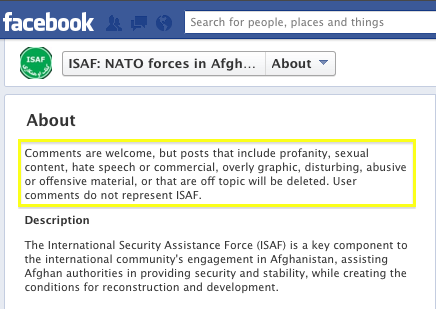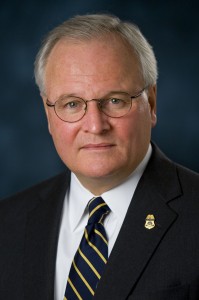
Gary D. Maynard
Carrie Wells reports for the Baltimore Sun that on Friday, 26 April 2013, Maryland Secretary of Public Safety & Correctional Services Gary D. Maynard ordered that three senior administrators at the Baltimore City Detention Center submit to polygraph interrogations, and that more polygraphs may follow. Excerpt:
Polygraph tests for three top officials at the Baltimore City Detention Center began Sunday, in an effort to determine the extent of the corruption federal investigators allege plagued the jail.
Rick Binetti, a spokesman for the Maryland Department of Public Safety and Correctional Services, declined to comment Sunday on the outcome of the polygraph tests for interim jail administrator Ricky Foxwell and two deputy administrators. The corrections department’s internal affairs unit and Maryland State Police investigators administered the polygraphs, and the information gleaned from them could factor into potential disciplinary actions or the decision to prosecute.
On Friday, state corrections secretary Gary D. Maynard ordered the polygraphs for the three administrators, as well as “integrity reviews” for all employees of the city jail. Corrections officials say more employees could be administered polygraphs.
Maynard said he could also use the polygraphs to investigate possible corruption in other state corrections facilities, saying the tests could clear the names of good employees while identifying the bad.
The notion that polygraphs can be relied on to “clear good employees while identifying the bad” is a dangerous delusion. Polygraphic lie detection has no scientific basis. Honest persons frequently fail, while liars can pass the polygraph using simple countermeasures that polygraph operators have no ability to detect.
Adam May reports for CBS Baltimore about concern that the mandatory polygraphs will become a “witch hunt.” Excerpt:
BALTIMORE (WJZ) — Sex, drugs and money. The corruption probe at the Baltimore City Detention Center expands.
Adam May explains–starting Sunday night, some officers still on the job are being forced to take lie detector tests.
For the last few years, inmate Tavon White claimed he ran the Baltimore Detention Center–dealing drugs, impregnating guards and making thousands of dollars a month.
Federal investigators say he had help from at least 25 people, including 13 female corrections officers. They face charges of racketeering, money laundering and drug possession and distribution.
Now–the net widens–and additional officers at the jail will be forced to take polygraph tests.
“I hope they don’t use this thing as a witch hunt,” said Archer Blackwell, AFSCME.
Union reps say many officers are ashamed of the allegations.
“There are a lot of good officers there–and obviously this group, they fell into this situation–don’t represent officers in the system at all,” said Blackwell.
Archer Blackwell’s concerns about the polygraph being used as a witch hunt are well-founded. Indeed, the late U.S. Senator Sam Ervin characterized polygraphy as “20th century witchcraft.” If Gary Maynard truly believes that polygraph chart readings can be relied on to clear or implicate employees, then he should be sacked and replaced by someone more competent.










